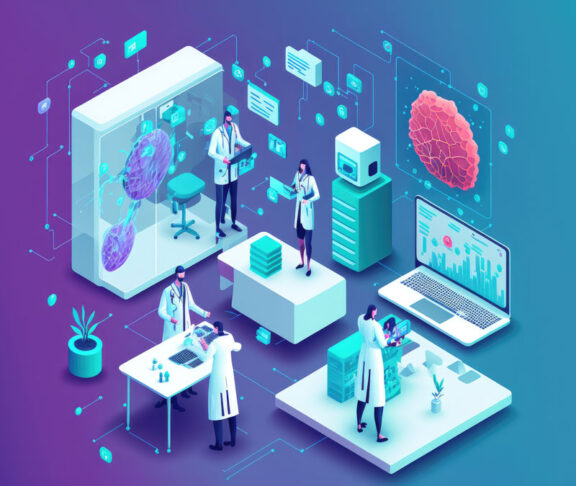
Emma Sheffield
Communications and Marketing Manager, The Patients Association
Artificial intelligence (AI) is becoming more visible in health and care: from admin tools that help free up staff time to chatbots that support at-home care.
Artificial intelligence has huge potential to improve patient experiences — but only if it’s designed and delivered in partnership with patients, not just handed to them.
Positive patient outlook on AI
At the Patients Association, patients have been telling us how they feel about AI for several years now. While some are hopeful and welcoming, many also feel cautious or fearful. For some, AI raises questions about equality, safety and transparency, particularly for those already struggling to get the care they need.
Our diagnostics survey found that more than half (57%) of respondents felt that new technology like AI could speed up diagnosis and reduce pressures on the NHS. This would be a crucial benefit, especially as nearly a third (29%) said they had delayed seeking tests to avoid wasting NHS time and resources.
Systems must be trained on
diverse data and include patients
from marginalised communities.
Patient concerns about AI and using it responsibly
On the other hand, a Health Foundation survey found that over half of the public worry that AI will make them feel more distant from healthcare staff. If AI makes it harder to speak to a human being or risks misunderstanding people with complex conditions, it could deepen existing inequalities.
We know AI can be a force for good. It can help patients avoid repeating their history, reduce admin burdens and even tailor care more effectively if it’s designed with patients. That’s why we’re calling for healthcare providers to involve patients from the very beginning of any AI project, from policy to product design.
Giving patients the options they need
Systems must be trained on diverse data and include patients from marginalised communities. Communication must be accessible, and digital inclusion must be prioritised, with a real-world option, such as an in-person appointment, always available for those who need or prefer it. Many patients want to be partners in shaping the future of healthcare, and that future will be better if we listen.


